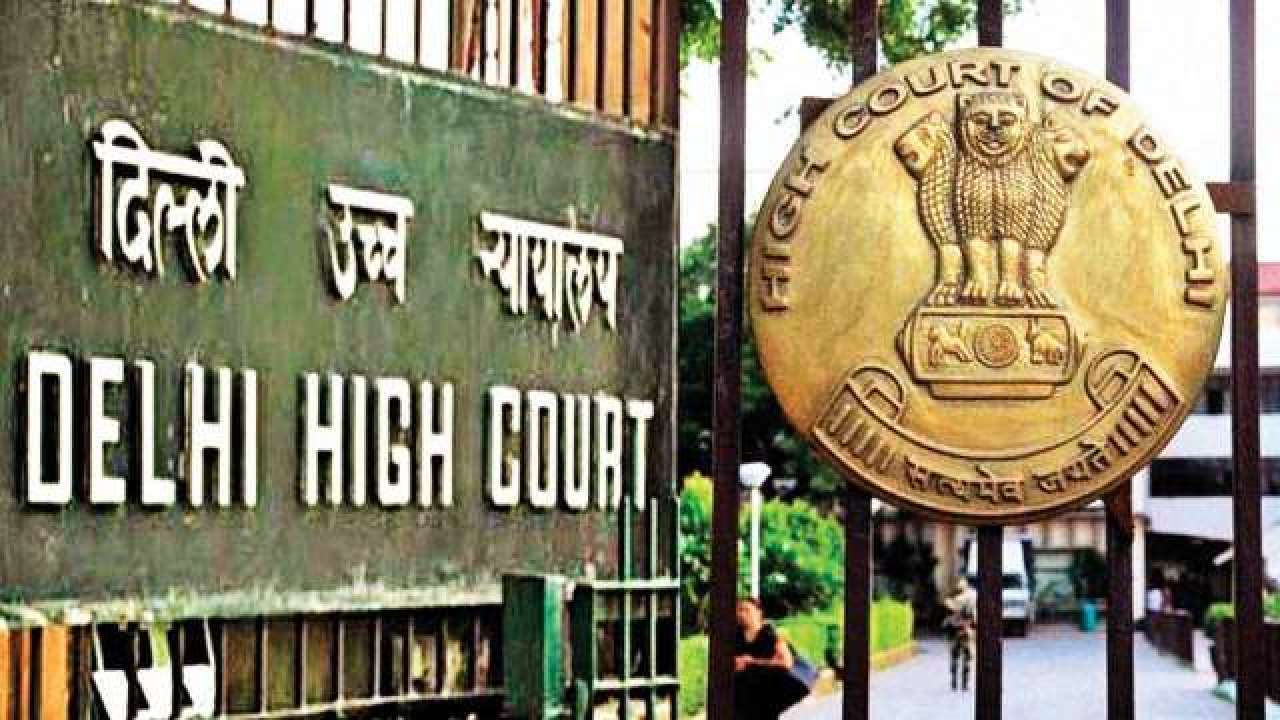Delhi High Court Refuses To Quash Criminal Defamation Complaint Against India Today Editor in Chief

The Delhi High Court Single Bench comprising Justice Yogesh Khanna while refusing to quash criminal defmation complaint against India Today Editor in Chief have observed that the assertions that news item merely reported facts which were accurate and reflected public records and cannot be held to be defamatory, cannot be accepted. Rather such an assertion and who was responsible for its publication and has it come to the fore of editors require critical examination and hence evidence of these issues is required.
The ingredients of section 499 IPC clearly point out towards the imputation published in any form which also includes newspapers. In case the petitioner is seeking the protection of an exception u/s 499 IPC that stage is yet to come.
The conduct of the petitioner, since was allegedly responsible for selection of the articles for publication and had knowledge of the fact the publication of an unsubstantiated story will irreparably harm and damage the reputation of the complainant, still went ahead and got the article published as a chief editor .
As per record, the story published by the petitioner was defamatory against the complainant, was allegedly published much prior to the issue of show cause notice. Subsequent to this, the complainant was allegedly exonerated from all allegations, but with the publication of the article in question the complainant was allegedly defamed.
“Regarding the contention there seen a violation of Section 196(2) CrPC, I doubt this Section is applicable in the present case since Section 196(2) deals with prosecution for offences against the State and for criminal conspiracy to commit such offence. However, sub-section 196(2) stipulates no Court shall take cognizance of the offence of any criminal conspiracy punishable under Section 120 IPC unless the State Government or the District Magistrate has consented in writing to the initiation of the proceedings. In this case the MM after due process of law and after applying her mind to the facts and circumstances of the complaint, has taken cognizance and thus has consented in writing to the initiation of the proceedings against the applicant , hence this objection is not relevant at this stage”, noted the Court.
Next, is the objection qua violation of Section 197 of the Code. It is a matter of record the petitioner herein is neither a judge nor a public servant, therefore, no sanction is required to initiate criminal action by the Magistrate against the petitioner.
As the allegations against the government official are of leaking of the confidential information of the complainant to block his career, hence were allegedly for their own pleasure hence, prima facie, at this stage, per allegations, sanction is not required.
Coming to the alleged violation of Section 202 CrPC, the High court opined that in the present case after due enquiry, the summons were issued to the petitioner and other accused person. It is a matter of record pre summoning evidence of the complainant along with his witness (Mrs.Kamal Bhola) was recorded, subsequent to which the Trial Court was pleased to issue summons to the accused persons for the offences punishable under Section 499/500/501/502 IPC read with Section 120B IPC. The enquiry contemplated by this Section does not necessarily mean an enquiry by examining witnesses or by holding an investigation into the case or in any particular form. The Magistrate can do it in any way he thinks proper. Thus, the allegations and counter allegations made by the parties raise disputed questions of facts and cannot be dwelled into by this Court under Section 482 CrPC.
Case Title: Aroon Purie vs State & Ors
